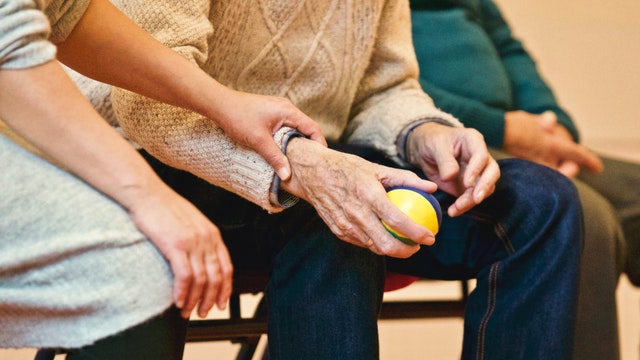With changing seasons, your health changes too. Know about a few seasonal health problems that you might encounter. India is mostly a sub-tropical country that has a lot of varying climate throughout the year.
The amount of sunlight, rainfall level, temperature — everything affects the climate. With climate change comes diseases that are often on a rise during particular seasons. Here are some of the health issues and diseases that happen during specific seasons.
Winter season
Asthma attacks
In winter, warm indoors are more preferred than the cold outdoors. Hence, the chances of asthma attacks happening are more because the concentration of smoke and dust particles in the room is always significantly higher. Ideal way to avoid asthma attacks would be to identify what triggers you and make sure your room is clean. In case an attack happens, it’s best to identify it early and consult a doctor.
Viral fever
In winter, it is always more likely that you will contract a virus more easily than summers, because winter forces a lot of people to come together indoors (for warmth). The dry winter air helps the virus survive better and facilitates the transmission of the virus. Hence, make sure you’re keeping at least two hands distance from anybody with flu-like symptoms.
Common cold
It might seem that the cold weather is what causes the common cold. But it’s a common misconception. It’s actually the cold air that transmits the virus more than usual, and that makes cold very common in winters.
Increased risk of heart attacks
In winters, think twice before going for a huge workout on a chilly morning or night. Researchers have found that people with a weak heart are more susceptible to a heart attack if they’re not careful.
Summer season
Food poisoning
Summer is the season of contaminations. Food poisoning happens when your food and water gets contaminated with pathogens like viruses and bacteria. Symptoms of food poisoning include stomach ache, diarrhoea, nausea and vomiting. It is usually treatable at home with antidiarrheal medications.
Dehydration
Carrying on with your daily life in the scorching summer heat can severely dehydrate your body, leading to various health issues like heat strokes and low blood pressure. Hence, it is key that you always carry a bottle of water with you wherever you go, and keep hydrating yourself at intervals.
Typhoid
Typhoid is also a disease that spreads through contaminated water. Abdominal pain, fever, nausea and vomiting are some of the symptoms. You should go visit a doctor if you have symptoms of typhoid.
Chicken pox
Chicken pox is still one of the most common summer diseases. It is also likely to be very contagious if you’re not vaccinated or haven’t had it when you were a kid. It usually causes high fever, and little blisters and itchy scars all over the body. Medications for chicken pox are generally symptom-oriented.
Mumps
Another common disease, especially for children, is mumps. It is a viral disease transmitted through droplets that infects the parotid (salivary) gland near your cheeks. Medications for mumps include anti-inflammatory drugs.
Measles
It is a common viral disease that causes rashes on the face along with high fever. There is usually a vaccine for measles given to children called the MMR (Measles Mumps Rabies).
Monsoon season
Malaria
Malaria is a vector-borne disease that is spread by female Anopheles mosquitoes. In monsoon, with water logs and puddles of water everywhere, a lot of mosquito eggs are laid and that drives the mosquito count high. Cases of malaria also significantly increase during the monsoon and governments are usually required to take preventive measures for it.
Keeping places clean, removing stagnant water and using mosquito-repellent devices are some of the ways to battle malaria. Symptoms include bouts of fever, sweat and loss of appetite.
Dengue
Dengue is also a mosquito borne disease, the number of cases of which rise due to the exact same reasons as in the case of malaria. Dengue symptoms include fever, headache and fatigue. Dengue can also be life-threatening. Hence, it is always advised to make sure you don’t let mosquitoes breed near your house by taking necessary precautions.
Diarrhoea
Diarrhoea caused by contaminated water is very common during monsoons. Most of it is treatable at home but sometimes it might even need a visit to the hospital.
Other seasons like autumn/fall and spring also have seasonal flu that they bring with them.
Diseases are meant to stay. But what you can do is try to stay healthy, take precautions and get the best treatment if diagnosed with anything. With the new digital health card, you can access whichever hospital you deem best for yourself and get affordable treatment any time of the year.
Medical expenses now need not put a huge dent in your savings. With the Bajaj Finserv Digital Health EMI Network Card, you can split up all your medical bills into easy EMIs. The EMI card also comes with an impressive pre-approved limit of up to Rs. 4 lakh, and you can pay for the expenses in convenient monthly installments.
